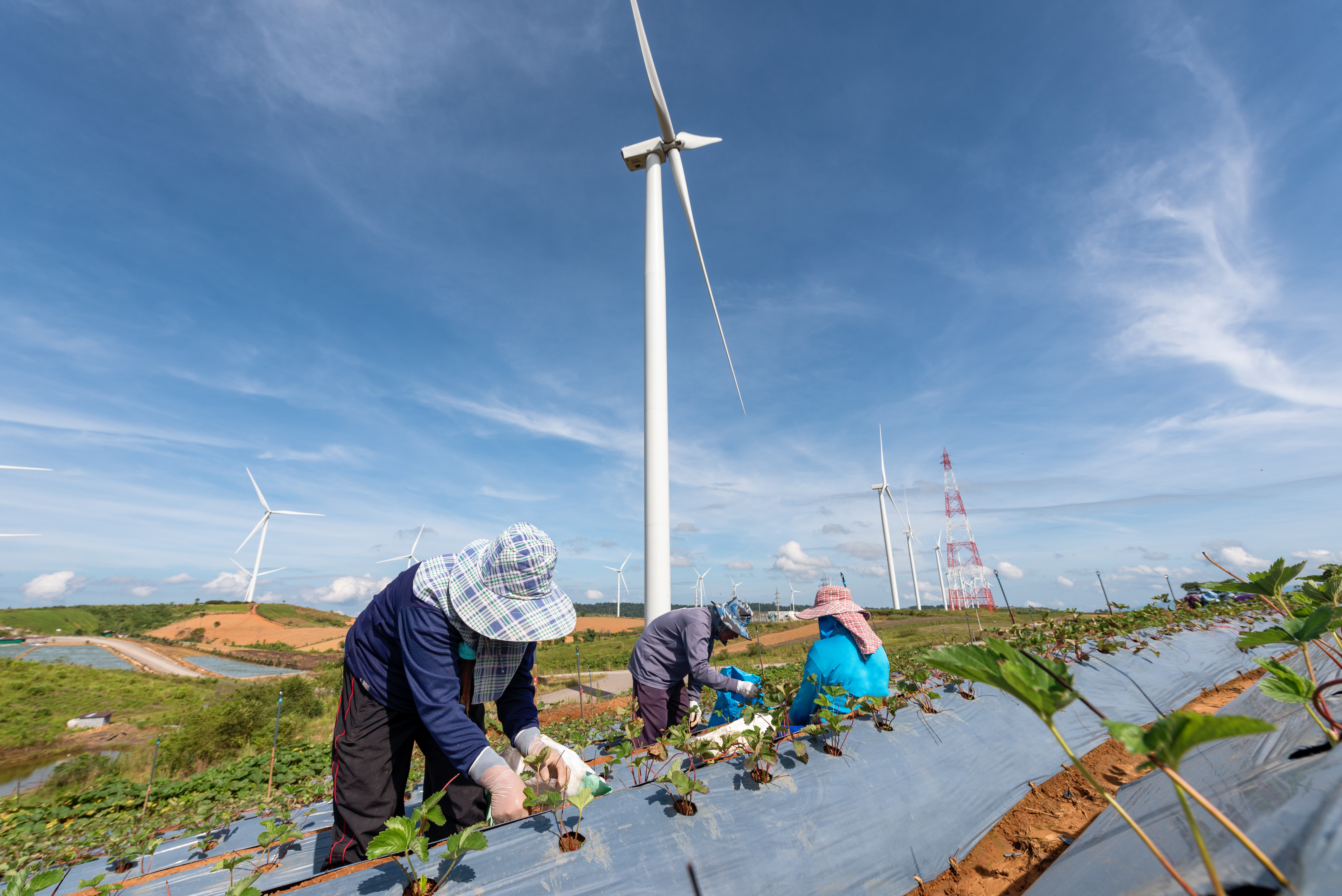A New Multilateralism: Geneva Principles for a Global Green New Deal for Shared Prosperity
For a long time, the world followed a version of multilateralism that permitted nations to regulate international markets and pursue strategies for equitable development. While this system aimed for a more value-driven and rules-based global economy in the aftermath of the Great Depression as well as the defeat of Fascism, the structure began to fall apart in the late 1970s with the advent of giant global banks, corporations and their allies in government. This shift has triggered crises of financial instability, inequality and contributed greatly to climate change.
A new report from the Boston University Global Development Policy Center (GDP Center) and United Nations Conference on Trade and Development (UNCTAD) examines “The Geneva Principles for a Green New Deal,” looking to advance an urgent policy agenda for a New Multilateralism that can rebuild the global economy toward goals of coordinated stability, shared prosperity, and environmental sustainability, while respecting the space for national policy sovereignty. In late 2018 and early 2019, the GDP Center and UNCTAD hosted a series of workshops and consultations among stakeholders from the global policy, advocacy and research communities. The aim was to critique the current multilateral system and articulates principles for its reform and regeneration.
Authors Kevin P. Gallagher and Richard Kozul-Wright discuss the set of “Goals for Rebalancing Development,” as well as “Principles for a New Multilateralism” that the Geneva deal puts forth. Proposing extensive reforms for the financial and trading systems that can help deliver a more stable global economy thereby providing countries with the resources to support a global green new deal, the GDP Center and UNCTAD discuss how the International Monetary Fund and the World Bank “will need to get back to their original business of stabilizing exchange rates, controlling unruly capital flows and funding infrastructure projects in a low carbon and inclusive manner.”
Moreover, the crisis of the multilateral trading system provides an opportunity to reform the global trade and investment rules, promote the effective use of subsidies to support the development of alternative energies, and roll back the numerous free trade agreements as well as bi-lateral investment treaties which have been particularly destructive of policy space. New reforms at World Trade Organization are also an opportunity to put the Geneva principles into forward looking action.
Read the Report Leer En Espanol 阅读中文报告全文